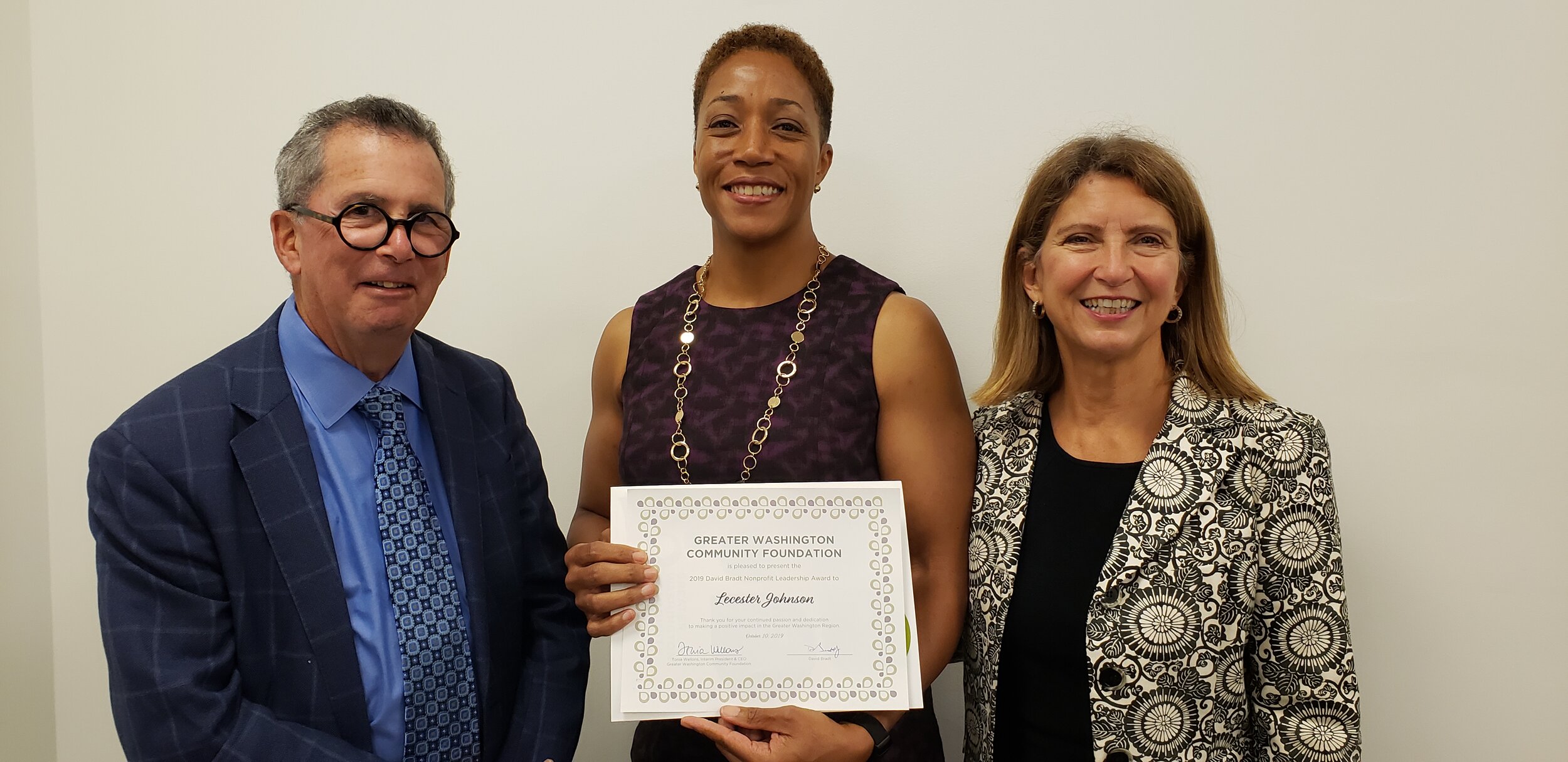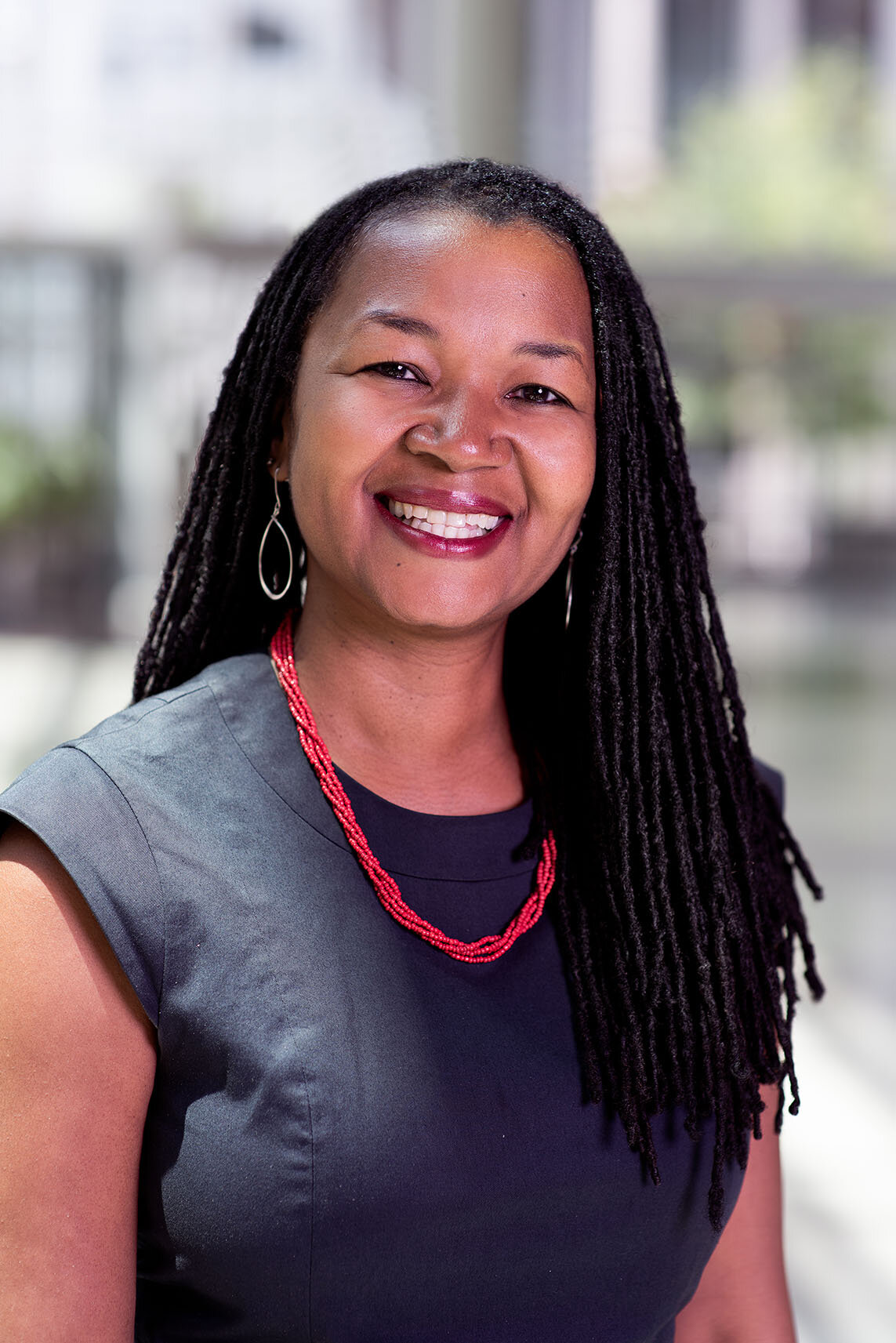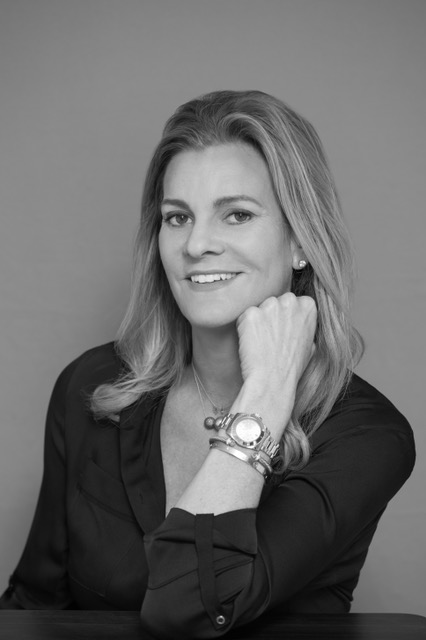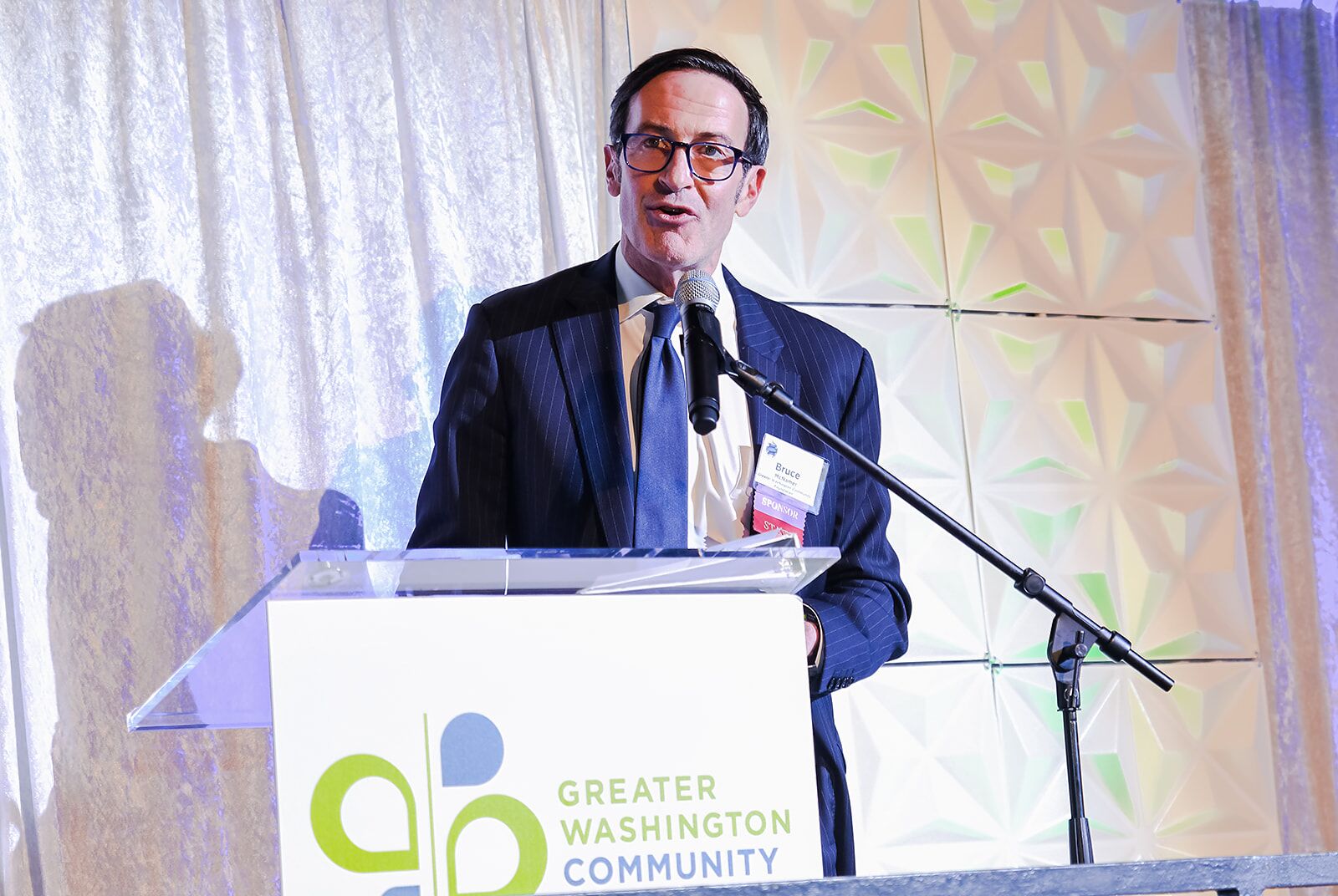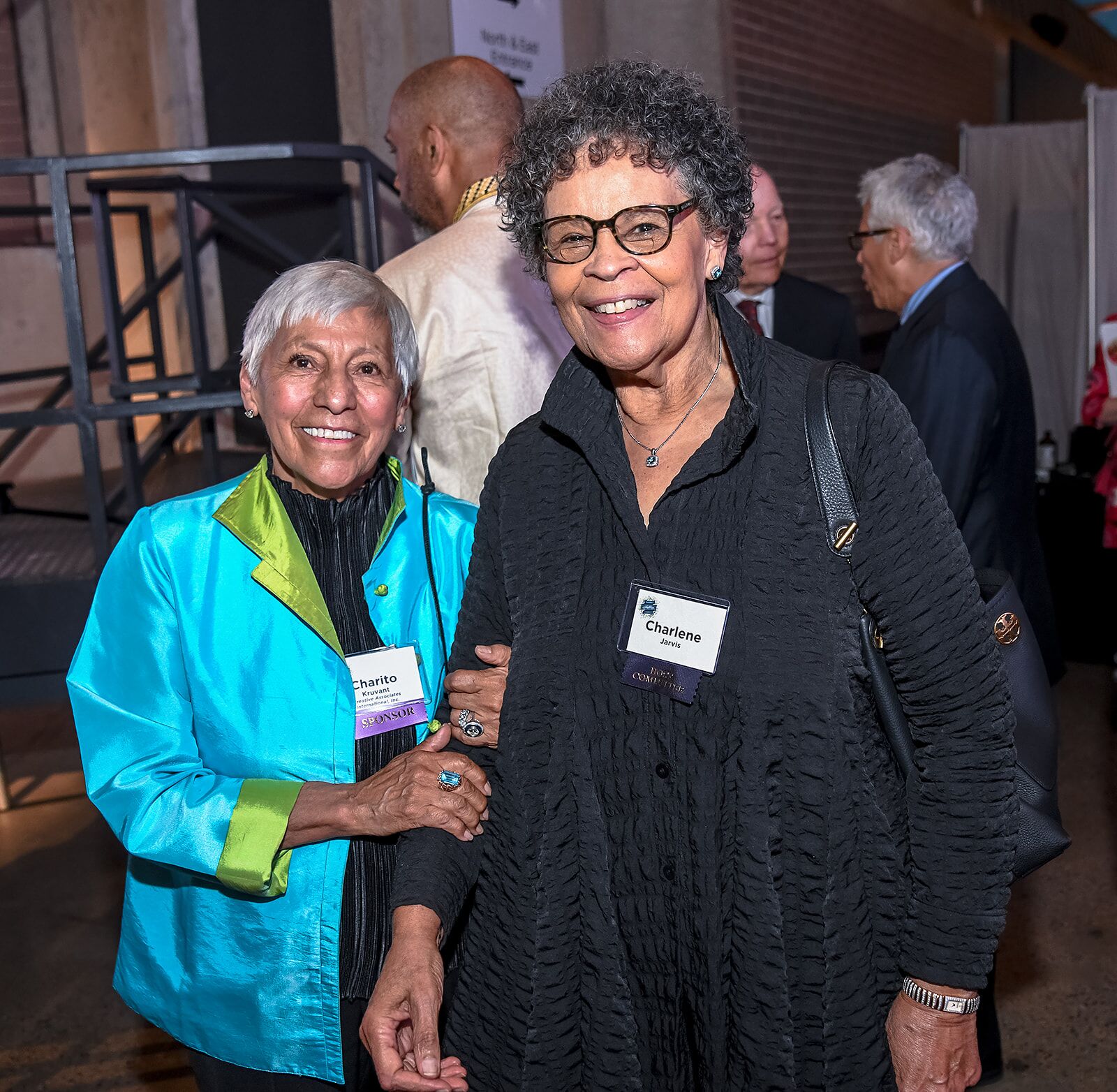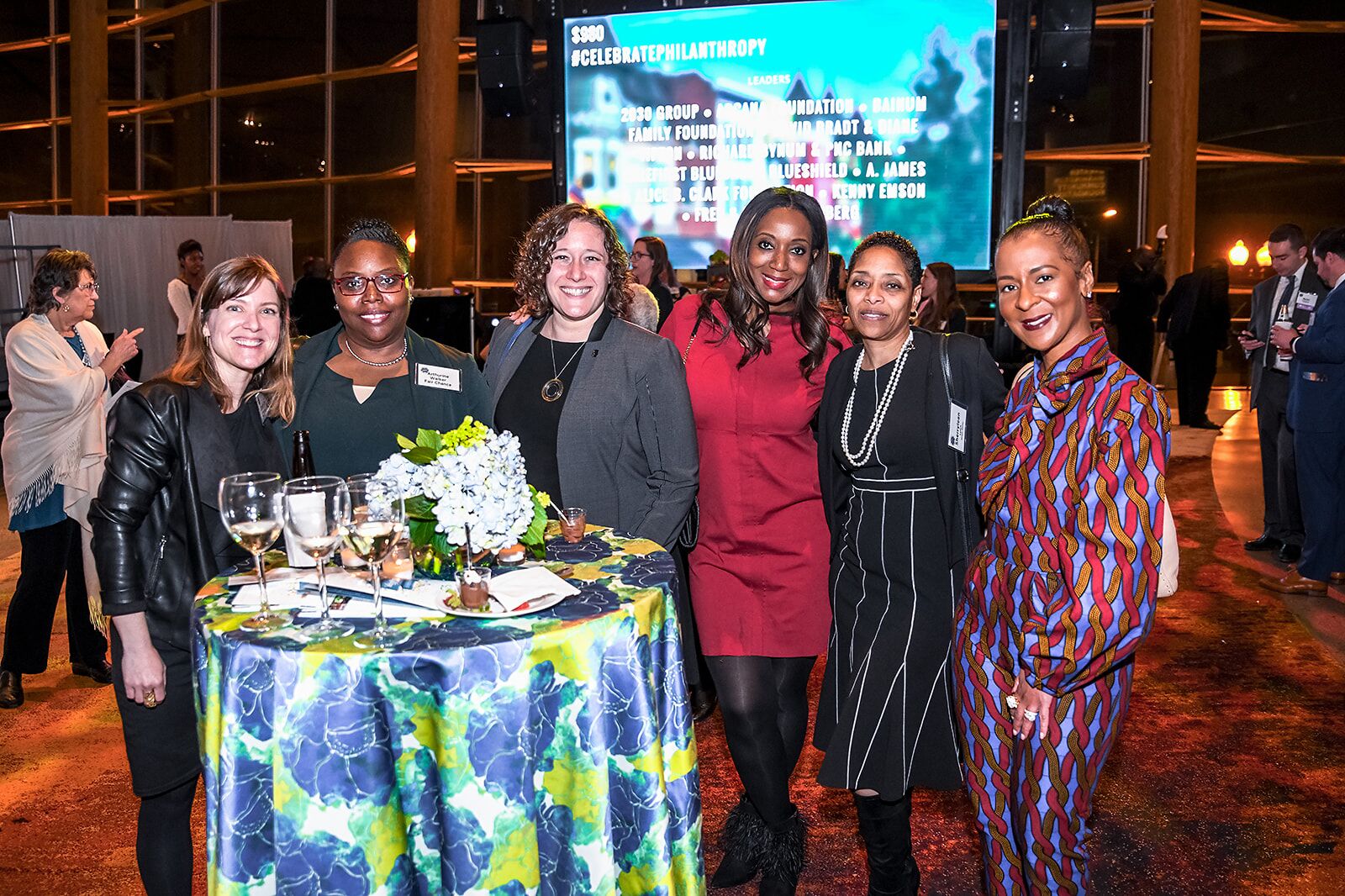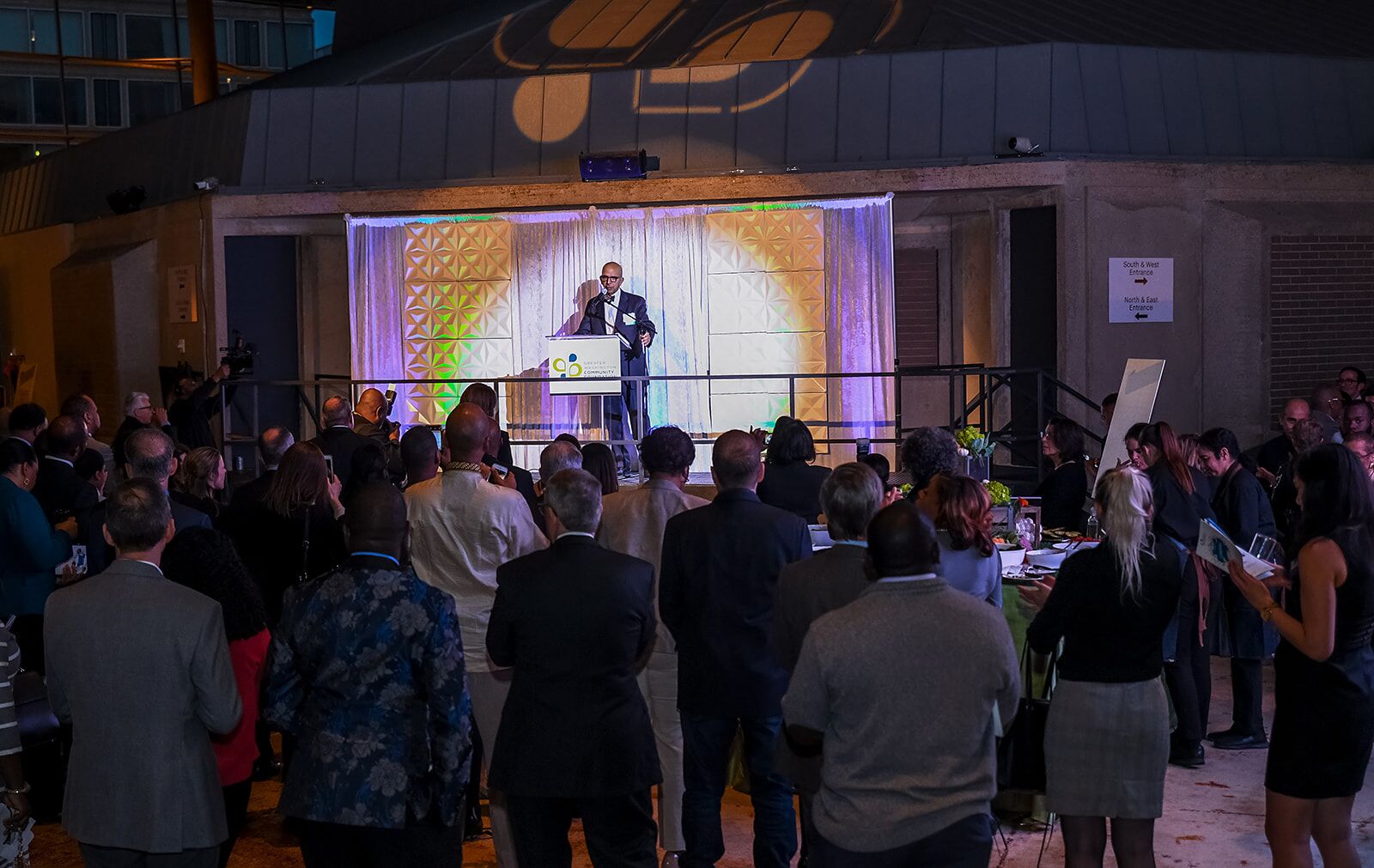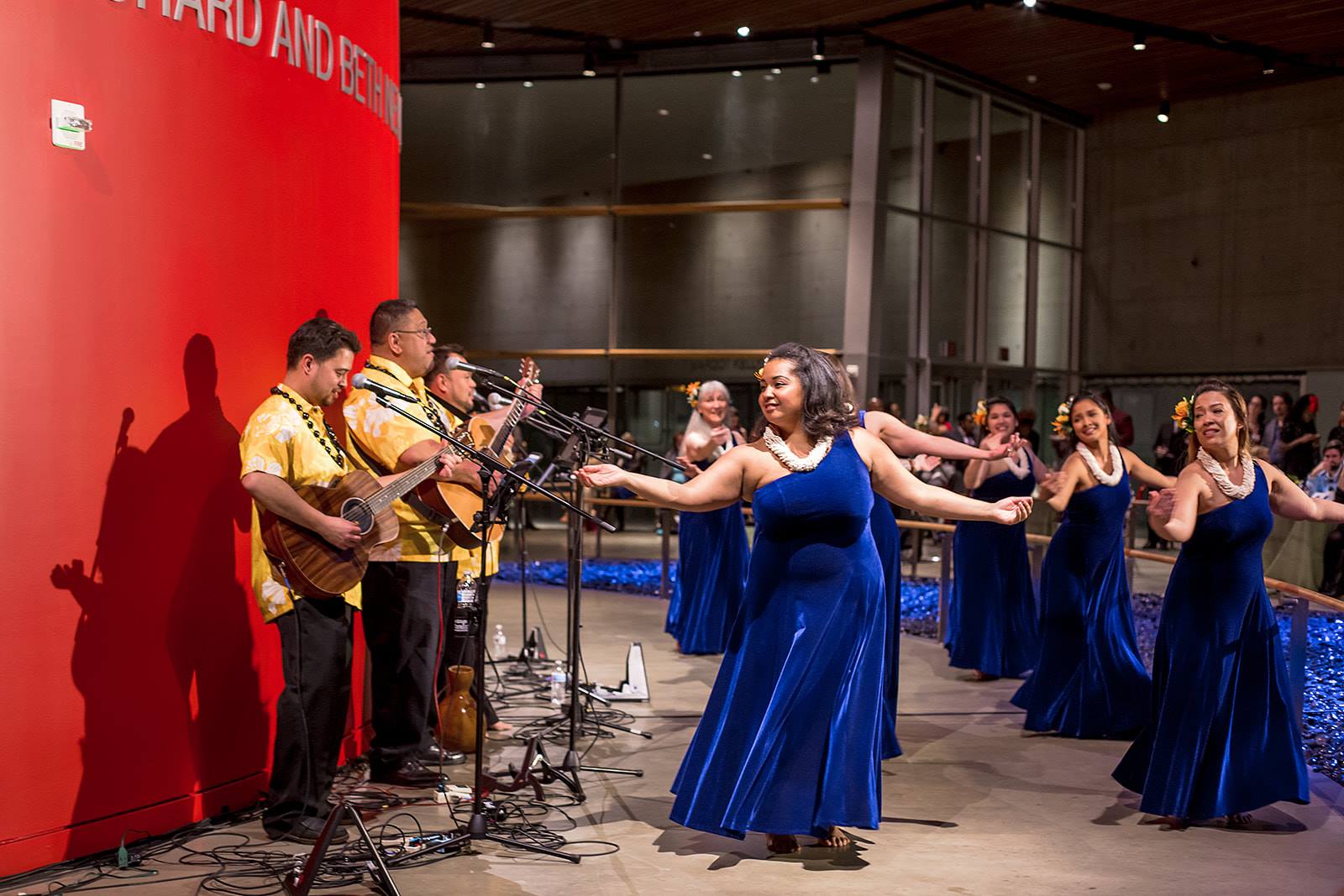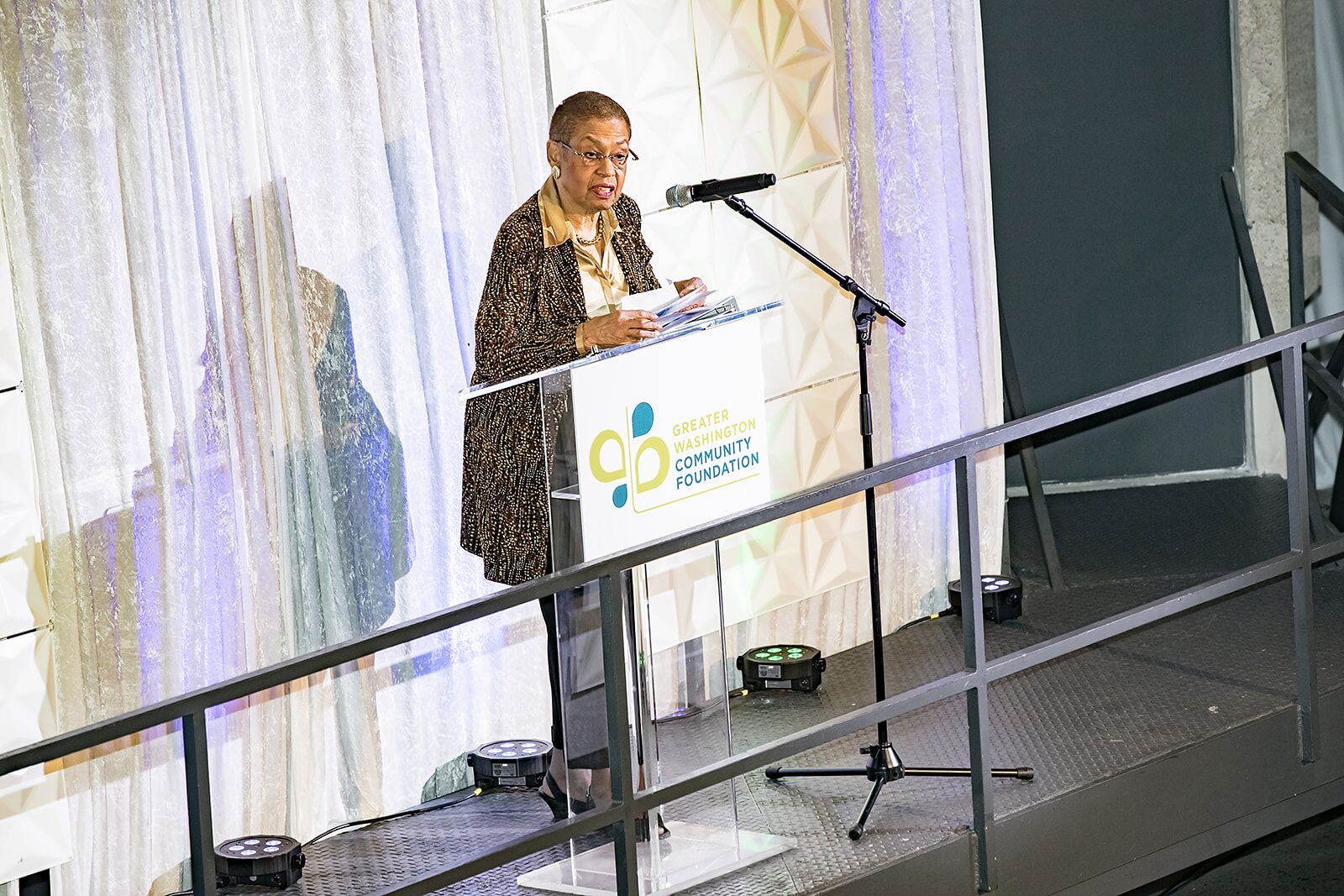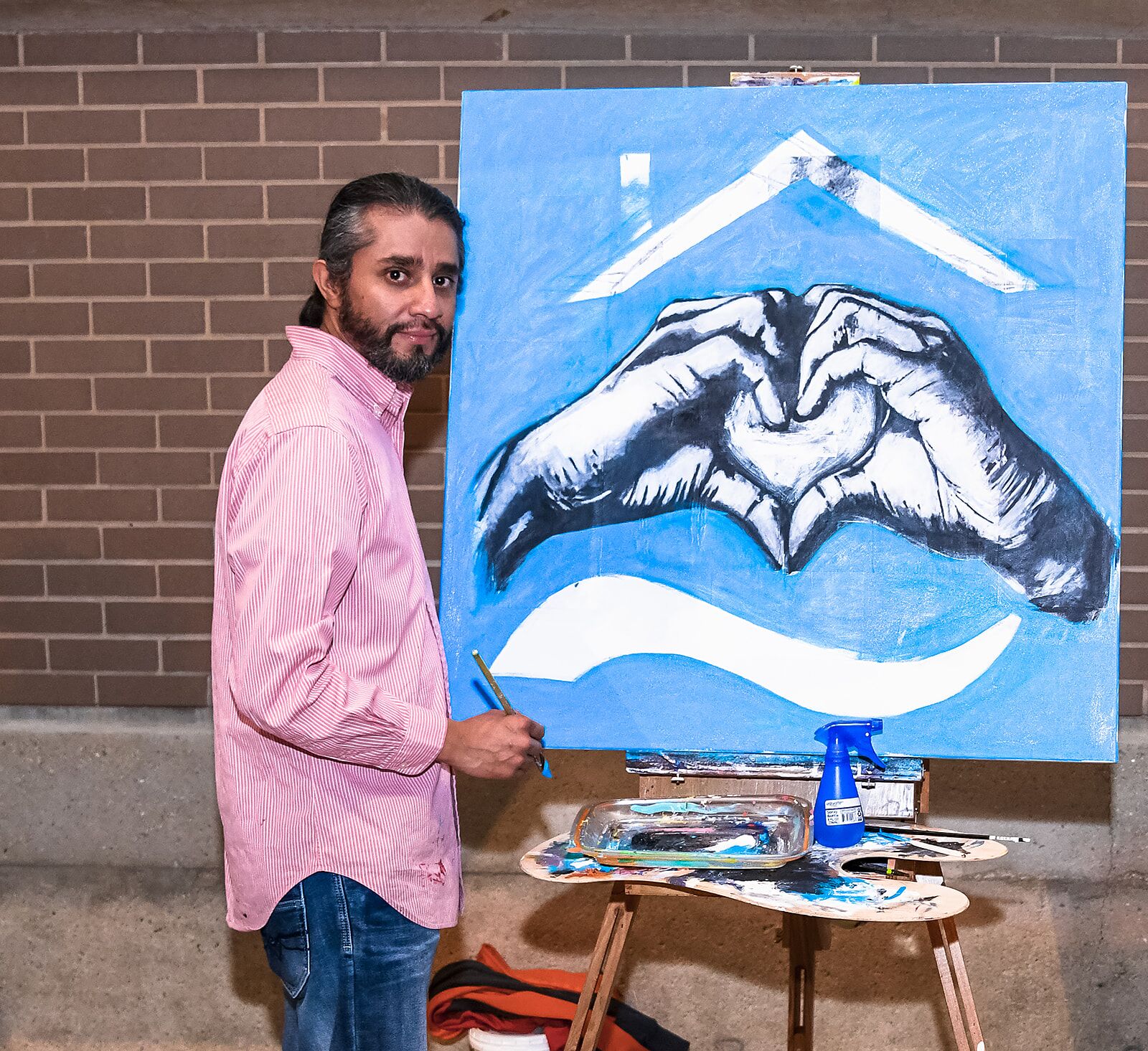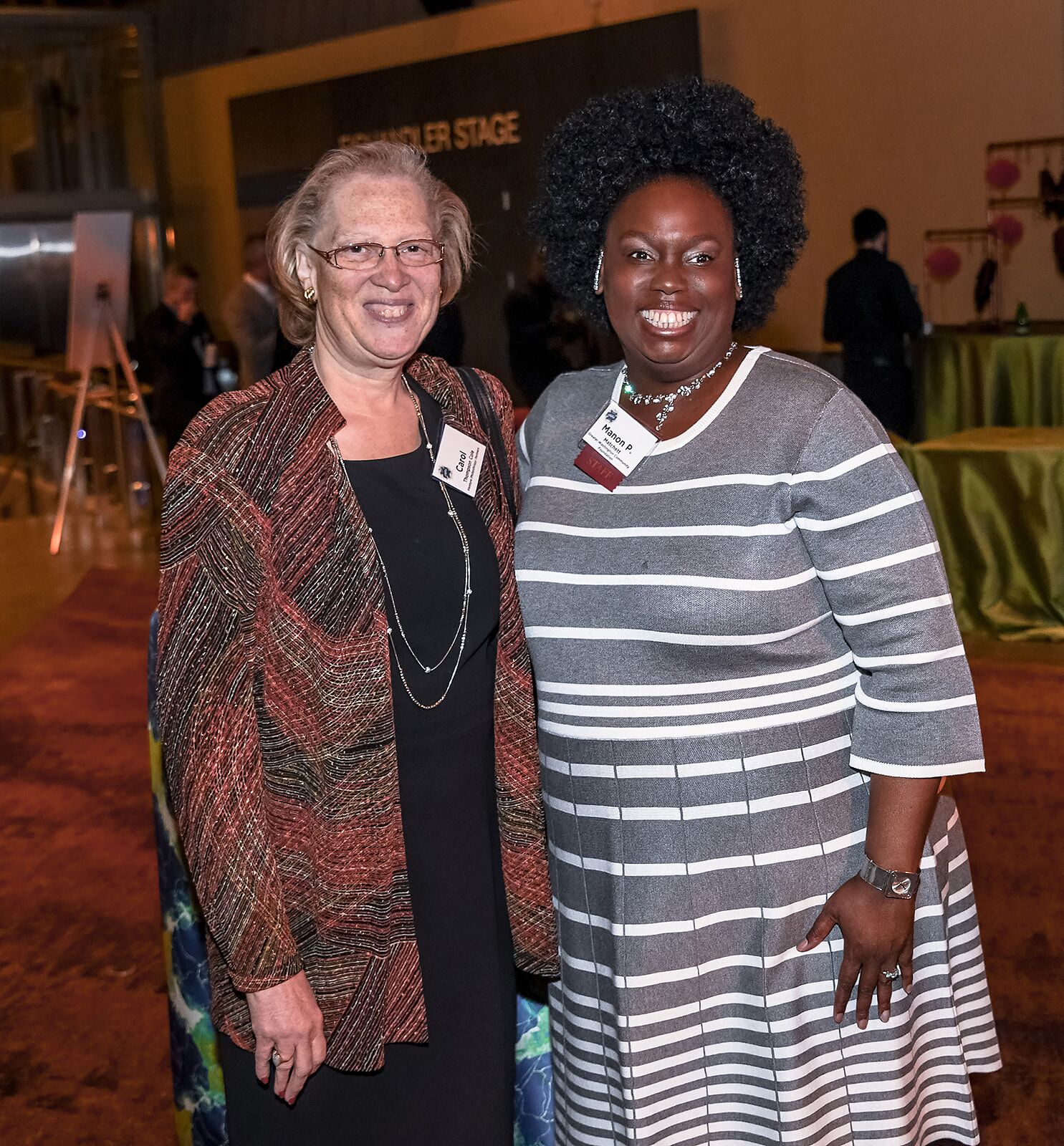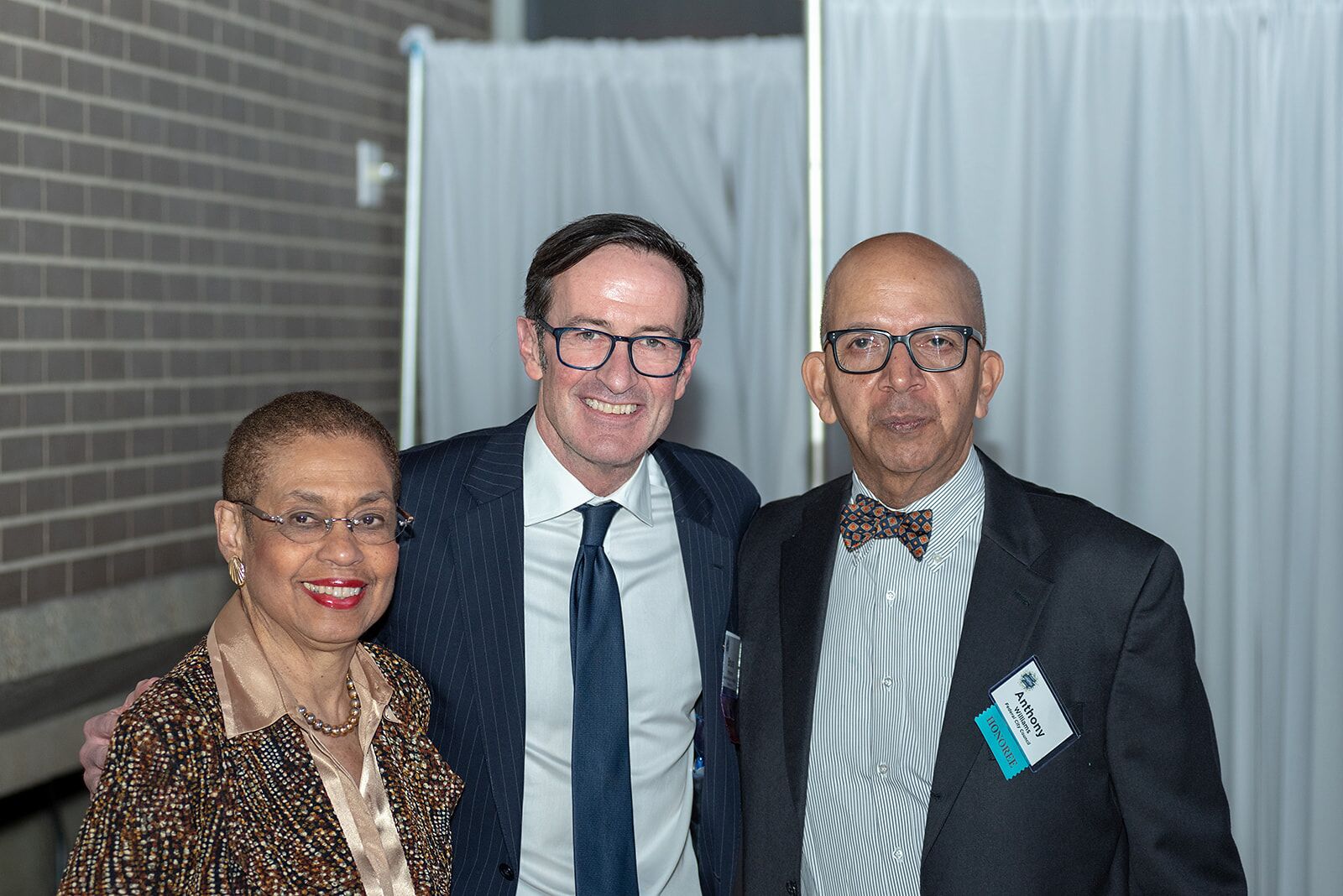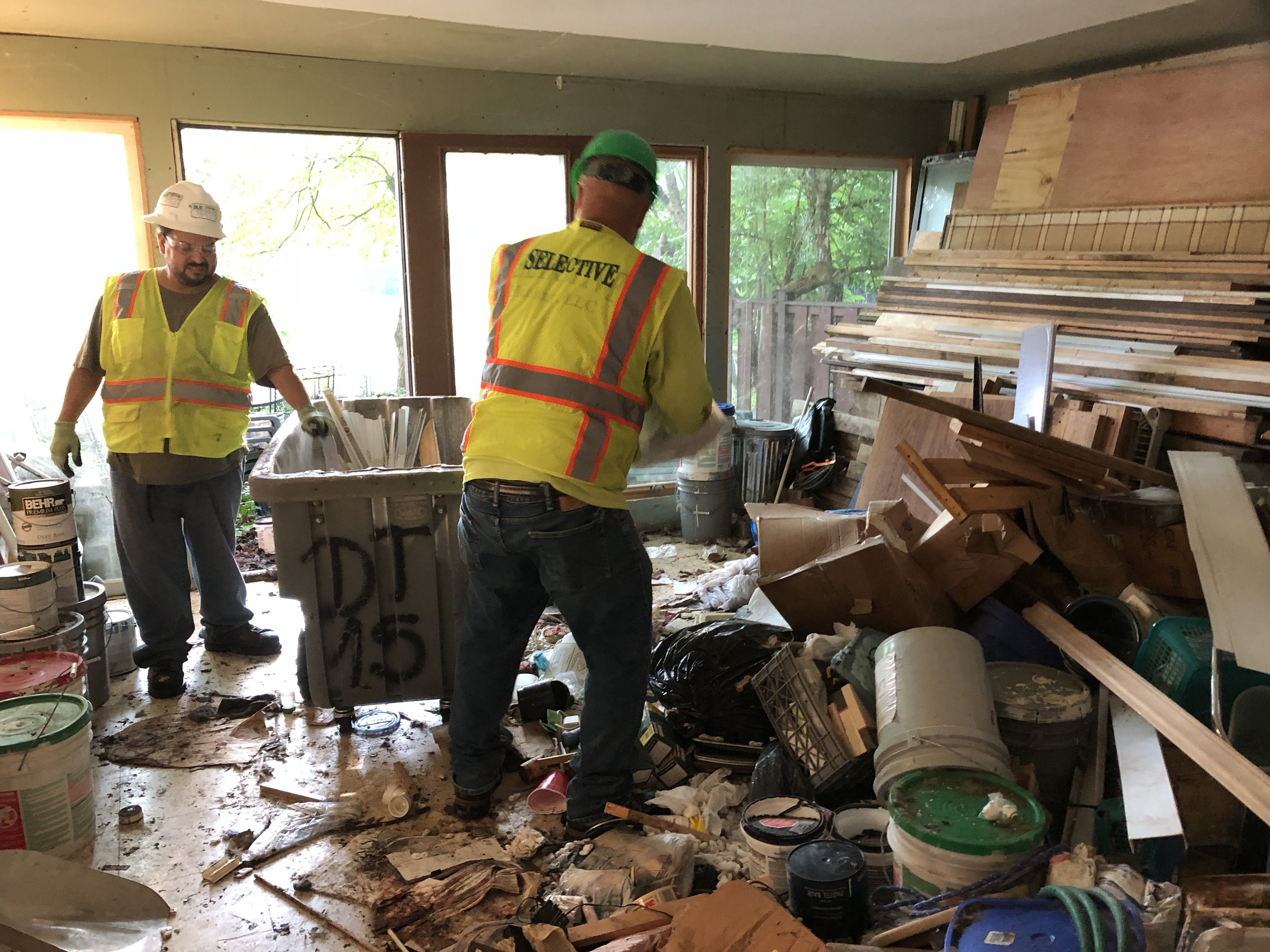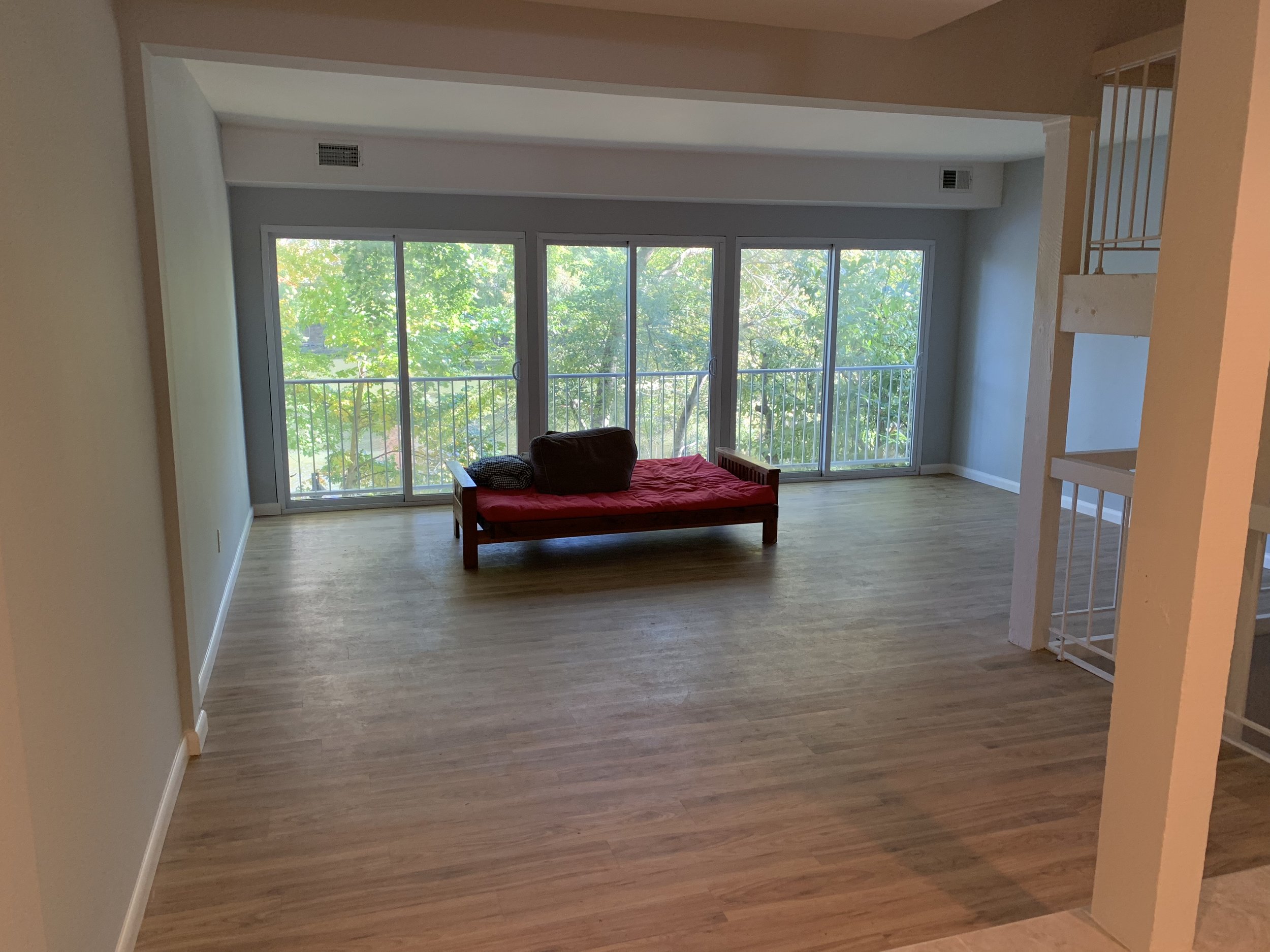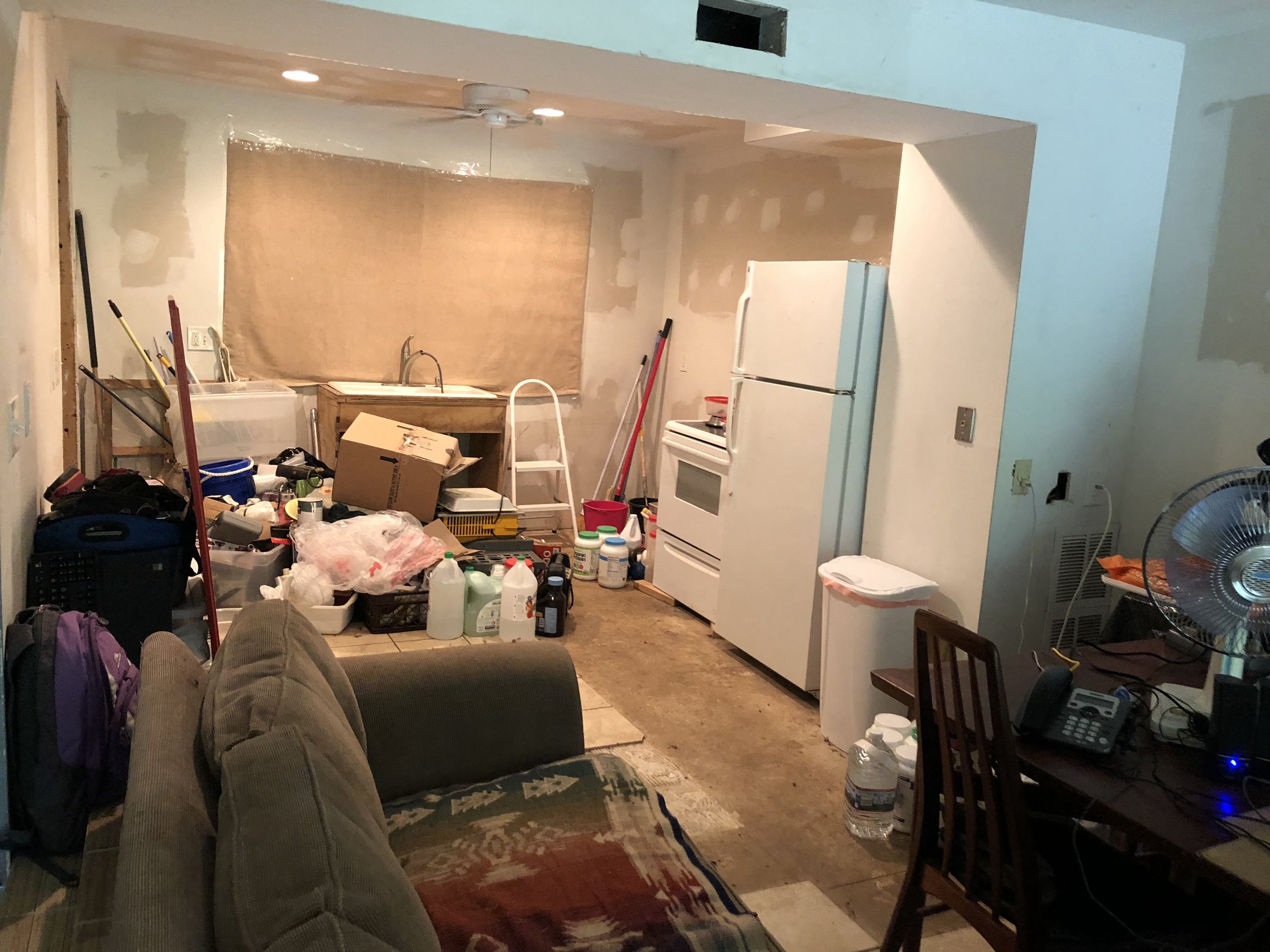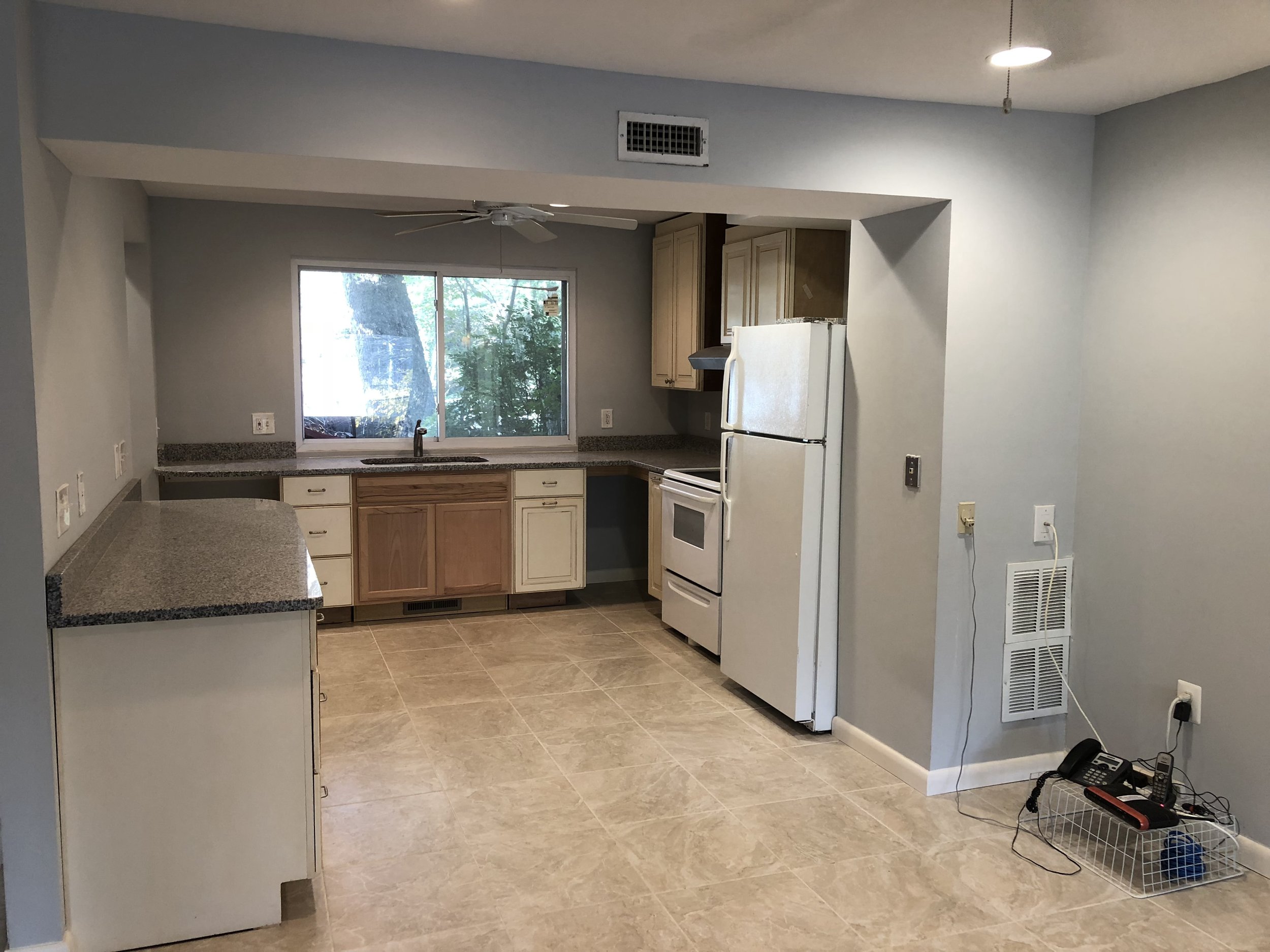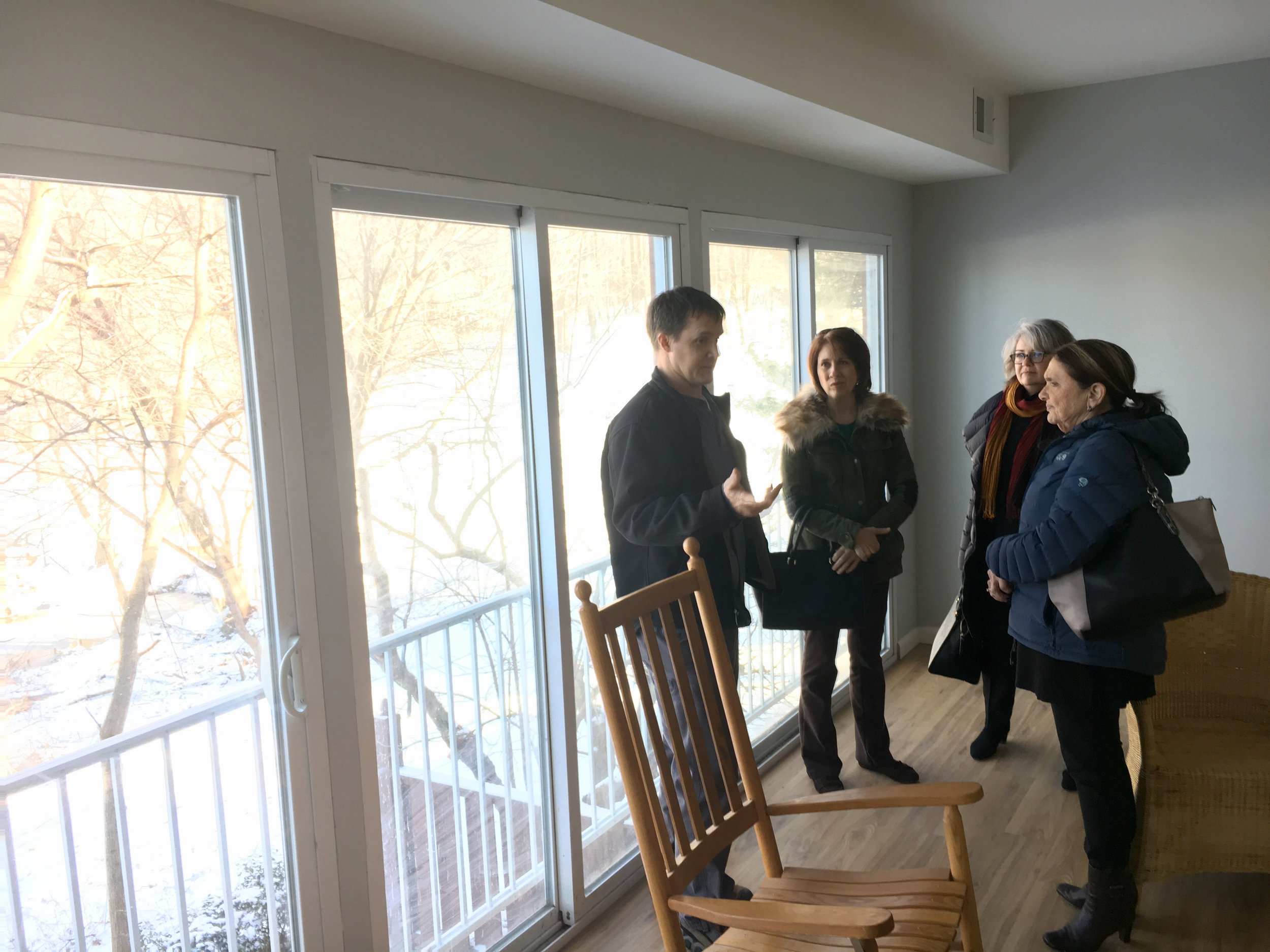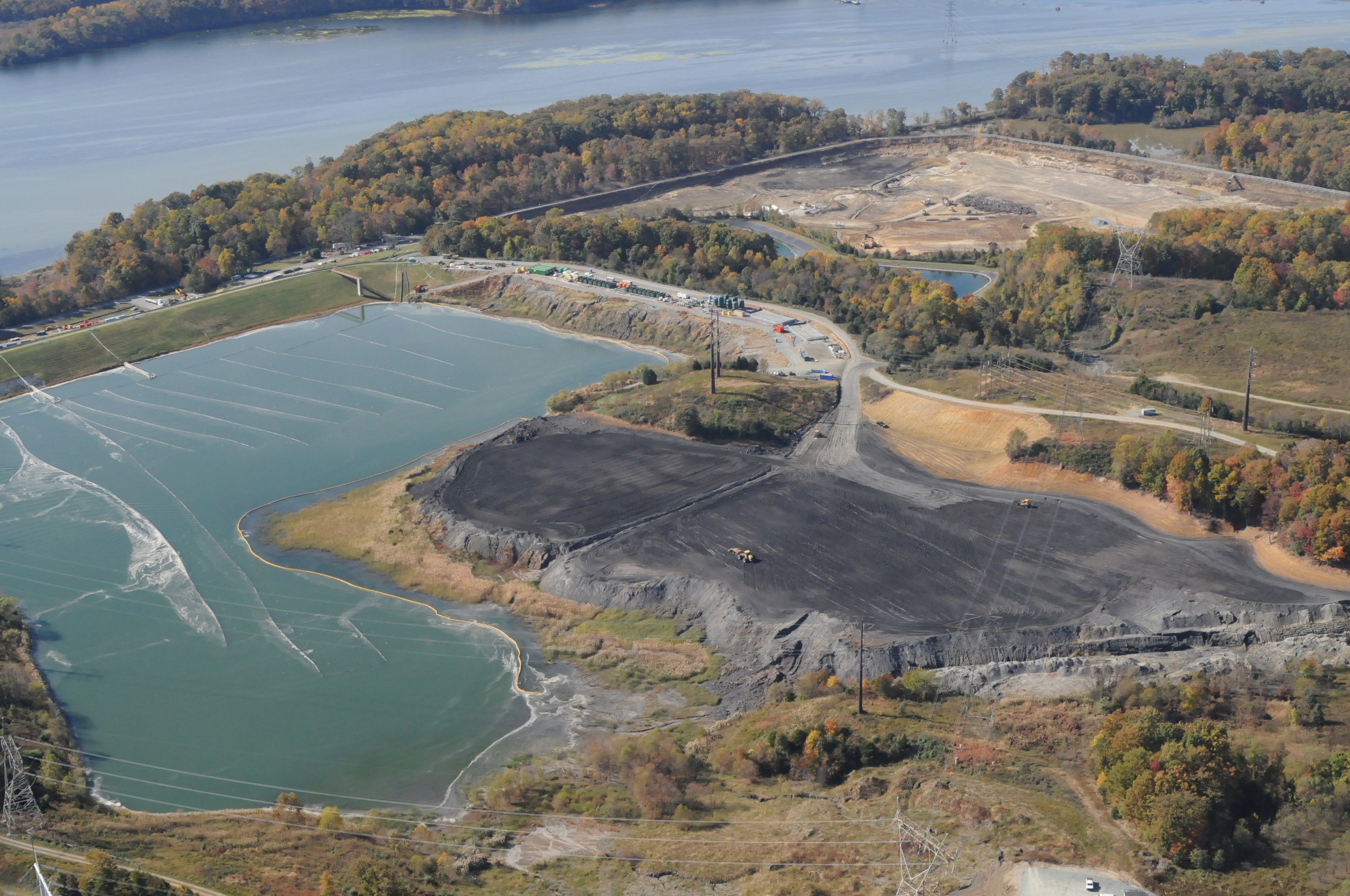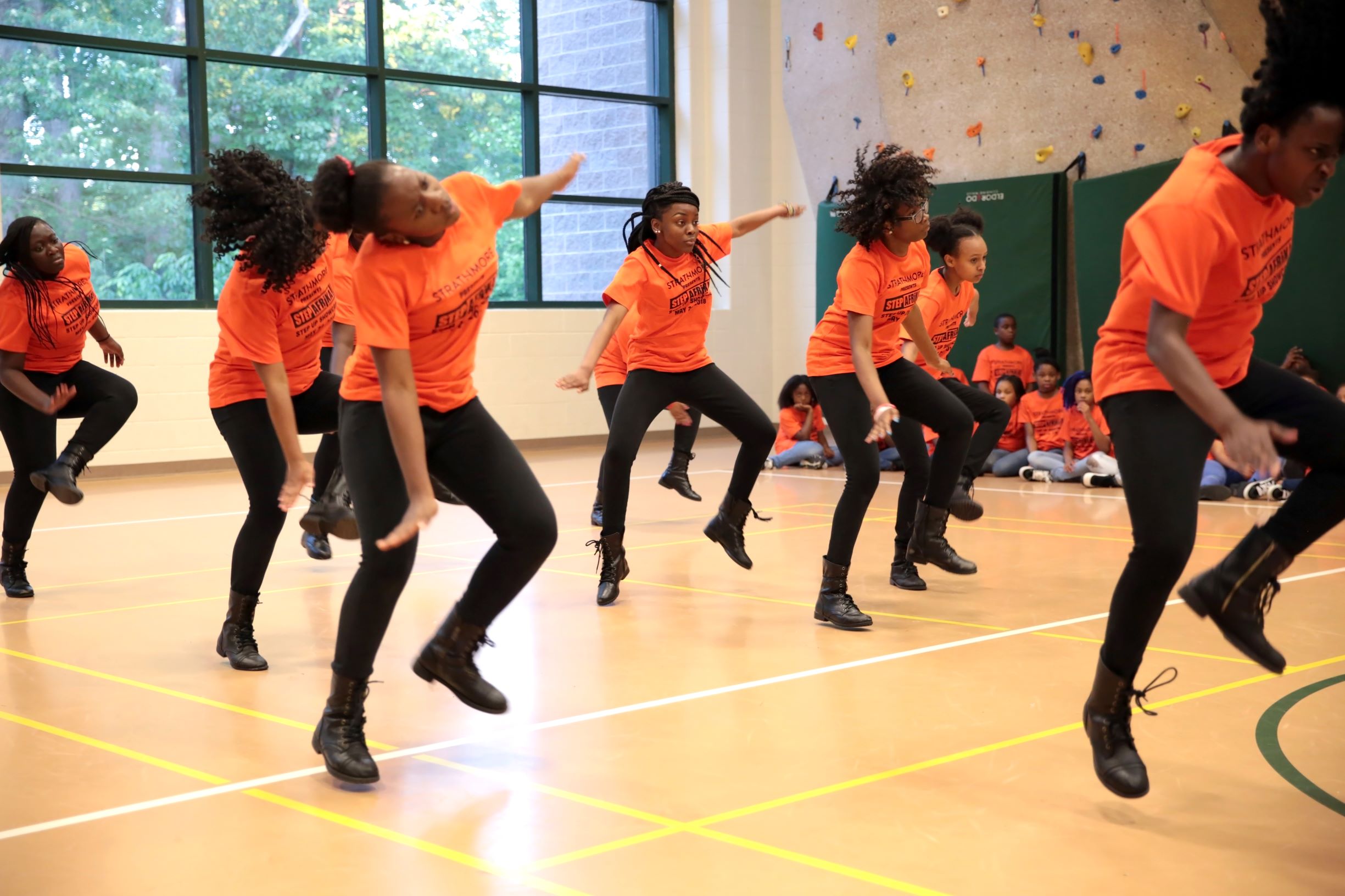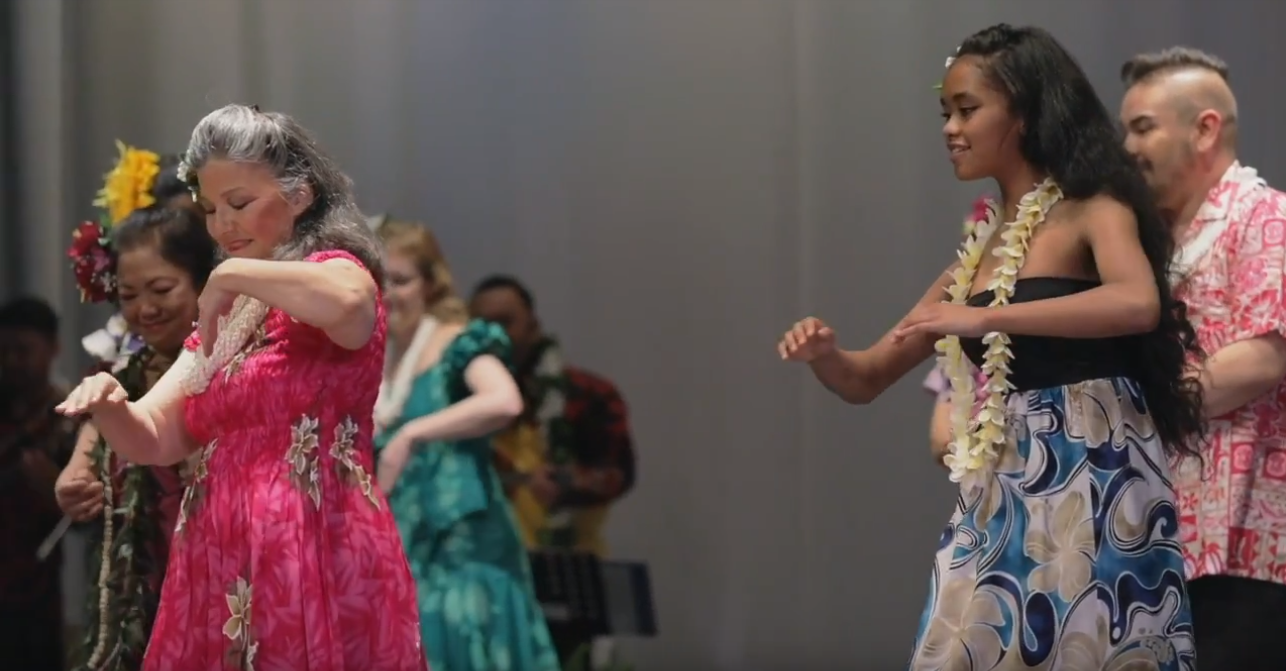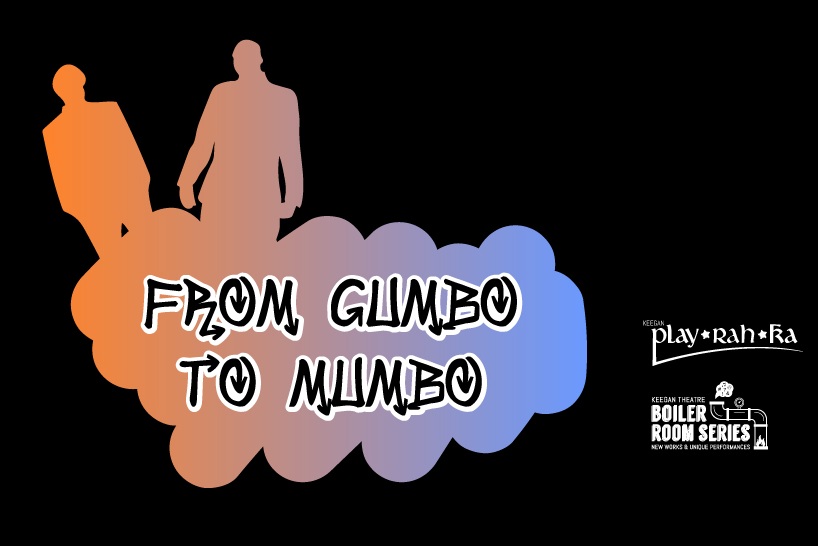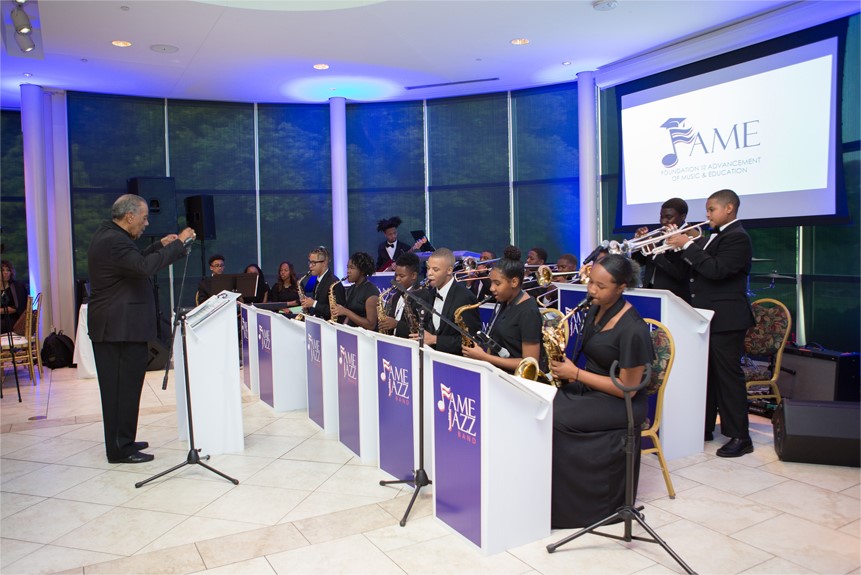David Bradt, Shannon Babe-Thomas, Jorge Figueredo, Markus Larsson, Lecester Johnson, and Alex Orfinger pose together at the awards presentation.
We’re excited to announce the second cohort of the David Bradt Nonprofit Leadership Award: Shannon Babe-Thomas, Jorge Figueredo, Lecester Johnson, and Markus Larsson. These four nonprofit leaders were selected from among an impressive group of more than 45 applications and nominations. They will be awarded a grant to invest in their own professional development to enhance their leadership, creative thinking, strategy, management skills, and networks. We see this award as an investment in their future, and in the future of our nonprofit sector.
The award was named after and established in honor of David Bradt, a quietly effective leader and champion of the Greater Washington region’s nonprofit sector for several decades. A few years ago, his friend Alex Orfinger wanted to find a meaningful way to salute David’s many years of service to our local community. Teaming up with David’s wife, Diane Tipton, Alex and Diane invited friends and family to join them in establishing the David Bradt Nonprofit Education Fund at the Greater Washington Community Foundation. Their vision was to provide an annual award to enable nonprofit leaders in the Greater Washington region to attend an intensive executive training program. Through investments in leadership development, the David Bradt Nonprofit Education Fund will have a long-lasting, tangible impact on our community by enhancing the capacity and influence of the region’s most effective nonprofits. Learn about the award’s first cohort: Lauren Biel, Patricia Funegra, and Adam Rocap.
With facilitation by The Community Foundation staff, the steering committee recently selected the following awardees:
David Bradt, Shannon Babe-Thomas, and Diane Tipton.
Shannon Babe-Thomas, Executive Director of Community Bridges
Community Bridges serves immigrant and minority girls, grades 4-12, and their families living at or below the federal poverty line in Montgomery County. By addressing the development needs of these girls, Community Bridges empowers them to become exception students, positive leaders, and healthy young women. Since Shannon became the executive director three years ago, Community Bridges has almost tripled the number of girls served to over 340 and doubled its cohort of mentors to 46. More than an executive director, Shannon is also a civic leader who listens to the community and thinks strategically about how Community Bridges can constantly improve to meet the evolving needs of its clients. Shannon plans to attend Stanford’s Executive Program for Nonprofit Leaders.
David Bradt, Jorge Figueredo, and Diane Tipton.
Jorge Figueredo, Executive Director of Edu-Futuro
Edu-Futuro was established in 1998 to serve immigrant youth and families in Northern Virginia through its Emerging Leaders academic enrichment program for youth, its parent empowerment services, and its language enrichment programs for children. Since becoming Edu-Futuro’s executive director four years ago, Jorge has helped triple the number of clients served through Edu-Futuro’s programs to 1,694 and has been instrumental in growing the organization’s capacity. Jorge sets a tone of integrity, innovation, and creativity that will pave the way for Edu-Futuro’s success into the future. Jorge plans to attend Harvard Business Schools’ Strategic Perspectives in Nonprofit Management program.
David Bradt, Lecester Johnson, and Diane Tipton.
Lecester Johnson, CEO of Academy of Hope Adult Public Charter School
Academy of Hope provides adult learners with the instructional programs and services they need to earn their high school credential, obtain workforce training, or continue onto advanced training or college. In her 13 years as CEO, Lecester has overseen Academy of Hope’s transition from a small, community-based volunteer literacy organization to an adult public charter school with Middle States Accreditation. She also helped to start and led the DC Adult and Family Literacy Coalition for three years, which advocated for resources that have helped move the needle for adult learners across the District, including the career pathways innovation fund and a fund for much-needed transportation support. Lecester plans to attend Stanford’s Executive Program for Nonprofit Leaders.
David Bradt, Markus Larsson, and Diane Tipton.
Markus Larsson, Founder and Executive Director of Life Asset
Markus founded Life Asset to fill an unmet need for microloans and training for low-income entrepreneurs in the Greater Washington region. Since its creation, Life Asset has become the second largest Small Business Administration microlender in terms of number of loans under $50,000 in the country. In 2018, Life Asset provided 800 microloans and trained 1,600 entrepreneurs. Markus is known for his collaborative spirit and the learning culture he has created at Life Asset, which has helped it create a model for other microlenders. Markus is exploring management and entrepreneurship programs from Stanford, George Washington, and Georgetown.
For more information about the awards, please contact Kate Daniel, Donor Services Associate.




